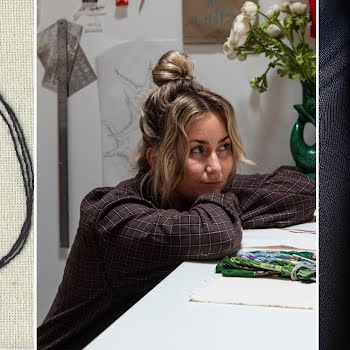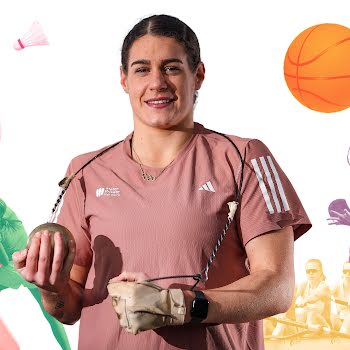Ask the Doctor: ‘My daughter wants lip fillers, and I’m worried she’s too young. Is the industry regulated, or is there a danger involved?’
By Sarah Gill
20th Sep 2022
20th Sep 2022
All your burning health questions answered by the professionals.
“My 17-year-old daughter is absolutely adamant she is getting her lips done. Though I am not against injectables in general, I feel she is too young and worry about her self-esteem. Do I admit defeat and bring her somewhere that I can talk with the injecting doctor and allow this, or do I risk her going somewhere lesser behind my back? Is the industry regulated, can anyone be trained in doing these fillers and be competent, or is there a danger?”

Answer from Ms Éilís Fitzgerald, Consultant Plastic, Reconstructive, & Aesthetic Surgeon, Beacon Consultants Clinic
Many people assume that parental consent is required for people under the age of 18. In fact, the legal position is that from age 16, children can give consent to medical/surgical procedures, without any input from their guardians/parents. You know your daughter best, but it may be worth talking to her about some of the concerns that specialists in the industry have.
These treatments are commonplace, but are not without risk. Poor cosmetic outcomes are frequent. The long-term consequences of placing large volumes of filler in lips are not known, as it is only in recent years that this look has become popular. Physical changes to the tissues, and potential impacts on patients’ body image are areas of concern.
Immediate complications, resulting from blood vessels being occluded (compressed or blocked), can be very severe. In the worst-case scenarios, patients may become blind, or suffer tissue necrosis (death) and consequent scarring. Infections, inflammatory reactions, and pain can also occur.
The lack of regulation in the industry is extremely worrying. No medical qualifications are required to purchase and inject filler. Training courses are frequently unregulated, focused on revenue generation, and may be only a few hours long. Phrases such as “fully qualified and insured” are common, but meaningless when it comes to judging quality and safety. The term “clinic” is frequently used by people without a clinical background. Counterfeit product, including non-CE marked products purchased on eBay or Alibaba is unfortunately not a rarity.
The absolute minimum for safe delivery of filler injections is: a clean clinical environment, high quality product from a reputable manufacturer, a thorough consent process which includes a discussion of the risks, consequences, and potential outcomes of the treatment, and ready access to the treatment for blood vessel occlusion (a medication that dissolves filler, called hyaluronidase).
Hyaluronidase is a prescription-only medication, and therefore not available where the injector is not a qualified doctor, or working in close proximity with someone who can prescribe (as many nurses do).
A medical or dental degree, however, does not mean that the person doing the treatment is appropriately qualified. While many dentists do excellent work, the Irish Dental Council does not consider the use of filler for cosmetic reasons as part of dentistry. “Aesthetic medicine” is not recognised as a specialty by the Medical Council, and there is huge variety in experience and ability amongst doctors in that field.
In Ireland, only plastic surgeons and dermatologists undergo formal training in facial aesthetics as part of their recognised training, but not all will have injectables as part of their consultant practice. Many of us will have gone on to complete further training in facial aesthetics, after completing years of specialist training.
Seeking out a specialist doctor with a particular interest in this area for a consultation, may be the best course of action for your daughter, as ultimately the decision to have treatment will be between her and the practitioner.
Follow @fitzgeraldplasticsurgery on Instagram for more expert insights.
Have a question for the professionals you’d like answered? Get in touch with sarah.gill@image.ie with the subject headline ‘Ask The Doctor’.






















